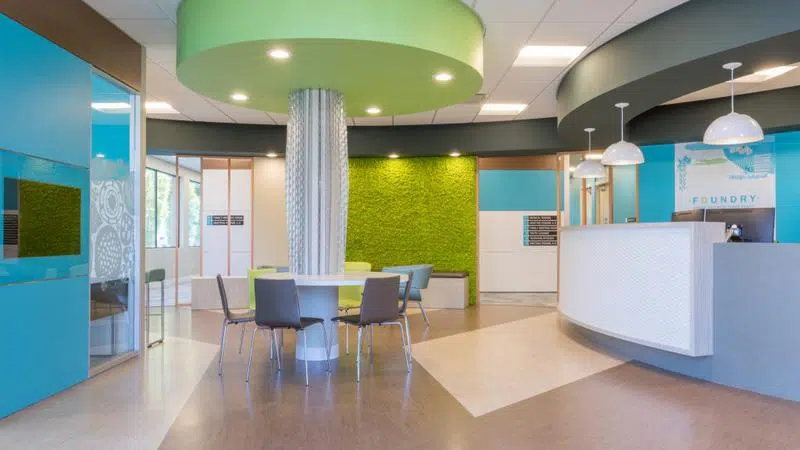
Foundry BC looking for communities to express interest in having one-stop-shop for youth mental health services
VANCOUVER — An organization that’s focused on being a one-stop-shop for young people with mental health and substance use issues is asking communities across the province to reach out if they’d like a local model in their area.
Foundry BC is a network of community-based health and social service centres and resources for young people aged 12 to 24 and their families.
There are eight Foundry centres across the province, including two on Vancouver Island, three in the Lower Mainland, one in Kelowna, one in Penticton and one in Prince George.
Foundry BC Executive Director Steve Mathias says between the locations — with two more in the works — thousands of young people are being seen at Foundry centres.


